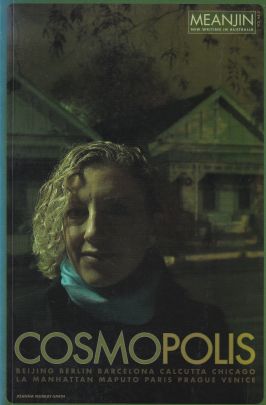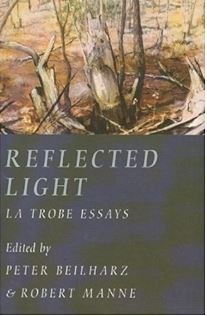Archive
Film | Theatre | Art | Opera | Music | Television | Festivals
Welcome to ABR Arts, home to some of Australia's best arts journalism. We review film, theatre, opera, music, television, art exhibitions – and more. To read ABR Arts articles in full, subscribe to ABR or take out an ABR Arts subscription. Both packages give full access to our arts reviews the moment they are published online and to our extensive arts archive.
Meanwhile, the ABR Arts e-newsletter, published every second Tuesday, will keep you up-to-date as to our recent arts reviews.
Recent reviews
We welcome entries in the third ABR Poetry Prize. In its short life, this competition has become one of the most prominent of its kind in the country. Poets have until December 15 to enter the prize, which is worth $2000. Up to six poems will be shortlisted in the March 2007 issue; the winner will be announced one month later. Full details appear on page 42. The entry form is also available on our website, or on request. The previous winners were Stephen Edgar and Judith Bishop. Advances was pleased to see that Judith Beveridge has included Edgar’s prize-winning poem ‘The Man on the Moon’ in The Best Australian Poetry 2006 (UQP) — one of eight poems in the anthology that were first published in ABR.
... (read more)Dear Editor,
The Australian Society of Authors has written to Attorney-General Philip Ruddock to oppose any moves to ban books. The ASA is very concerned by any move to ‘ban books’ under the guise of ‘counselling, urging, providing instruction or praising terrorism’ and hence determined as seditious. Under current law, it is a crime to publish ‘seditious words’, and the provisions within that law enable federal and state jurisdictions to take action if warranted. It is the view of the ASA that our members currently operate responsibly within this restriction and will continue to do so, even when critical of any government in power at the time.
... (read more)







